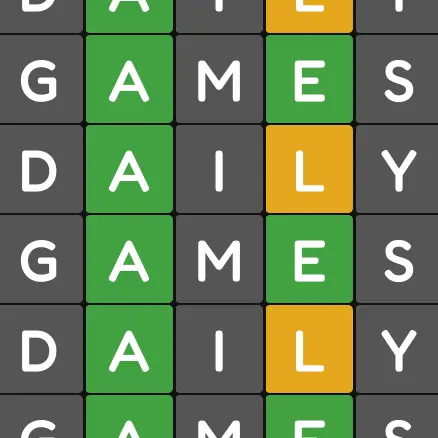- 52 Posts
- 855 Comments

 1·4 days ago
1·4 days agoCurrent.
As the bartender, she had cut-off and 86 authority. Act sideways with a bartender, find another place to drink. But when the creeps are your “peers” I think it’s tougher to navigate.

 225·6 days ago
225·6 days agoThe lack of votes for Harris did that.
What I’m saying is not about faithless electors. I never mentioned them, so I’m not completely sure what took you down that road.
There is a legal definition of the term “president-elect” that hasn’t entirely been sorted out. The most widely accepted view is that the candidate who has the majority of EC votes cast for them, regardless of whether those votes have been counted or certified, is legally the president-elect. The nuance to this is that any reference to the president-elect before EC votes have been cast is using the common term, not the legal one.
The distinction is mostly inconsequential, one major exception being the 20th amendment, which you cited previously. That particular usage is specifically the legal definition, which very likely has not been satisfied until the EC casts their votes. The outcome is that, if those who are meant to uphold the law have any interest in doing so, the 20th amendment does not yet apply, and the legal roles of president-elect and vice president-elect are currently vacant.
We (probably) don’t have a president-elect yet, only a presumptive one. The EC votes have been neither cast nor counted. The most likely point in time at which a candidate becomes president-elect is when the majority of the EC votes have been cast for that candidate, regardless of the counting and certification. Even though we use the term loosely for the assumed winner, the EC adds a layer of weirdness to the legal definition.

 82·6 days ago
82·6 days agoThe part that still baffles me is the whiplash message-swap from “she didn’t cater to us, so she lost” to “well, there aren’t enough of us to make a difference.”
Also of note is the trend towards “I voted for her, but I didn’t like it” in spaces that I clearly remember seeing full of advocates of voting third party or abstaining. Someone should maybe check to see if all of these mysterious new votes were counted!

 11·6 days ago
11·6 days agoYeah, I also can’t stand it when words are used to convey meanings they’ve had for roughly five hundred years.

 4·6 days ago
4·6 days agoBout to get wrecked
Thought I recognized your name, LARPer.
Aren’t you the sad sack who gets off thinking about killing your father-in-law and blowing up your local ISP?
Fucking gross, you ghoul.

 2·7 days ago
2·7 days ago“The woman used the shotgun to bludgeon the monkey.”
If they had meant that she shot the monkey, I would be surprised if they used any phrasing other than “The woman grabbed a shotgun and shot the monkey.”
Maybe I’m not interpreting what happened correctly, but to me it seems clear.

 2·7 days ago
2·7 days agoI parse this as “the woman used the shotgun to hit the monkey.” If any other meaning was intended, the word choice is poor.

 2·7 days ago
2·7 days agoThat makes assumptions, like that they would have had all the ingredients available or that they would eat enough subs to make buying the ingredients more viable.
Well that’s certainly a take!
Sure, let me help you! My point is that if you’re patronizing a restaurant that underpays wait staff and refuse to tip the server, you’re not only fucking them but you’re supporting the system by going to the restaurant in the first place.









You’re talking about La Folette and Wheeler? I don’t remember anything they advocated for being too bad, but I haven’t looked at their proposed policies in a long time. Wouldn’t that be natural of a truly progressive movement, though? What was “progressive” one hundred years ago should hopefully be status quo, and what’s progressive now could scantly be imagined back then.